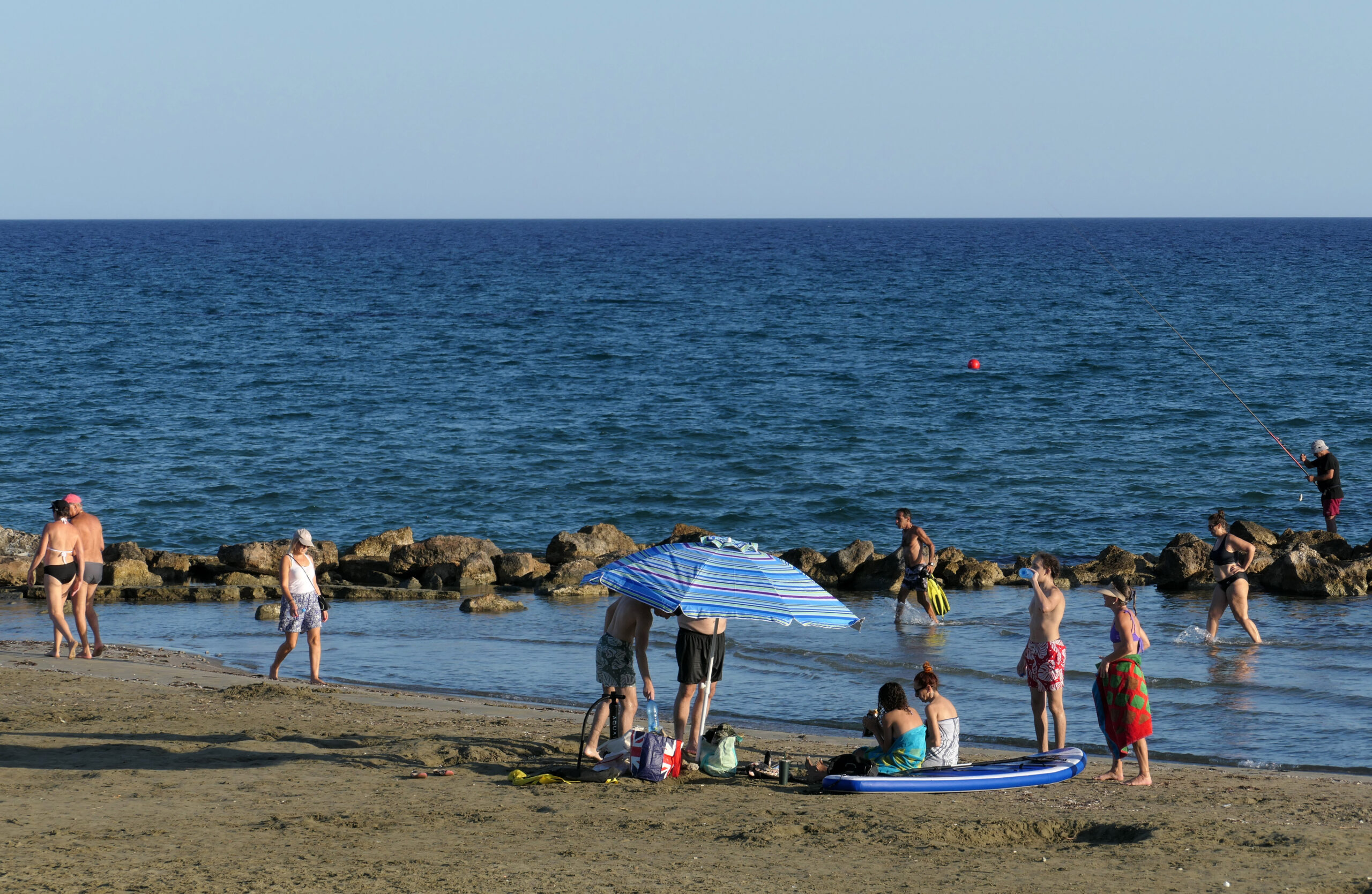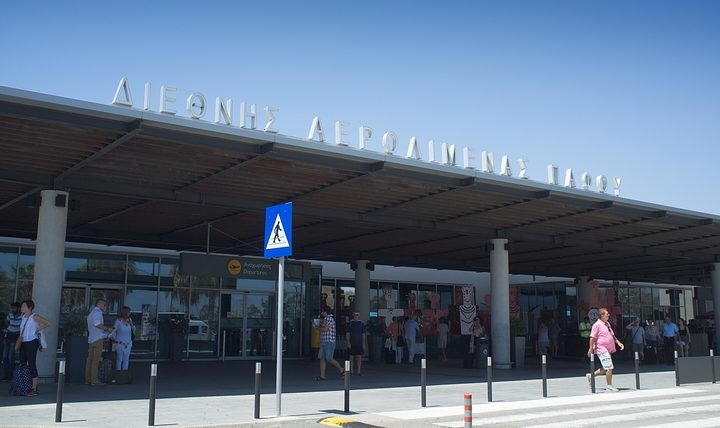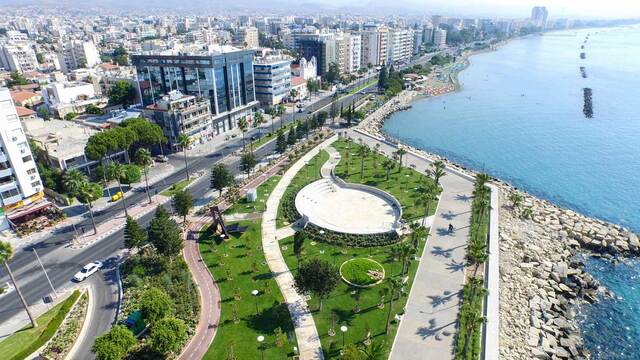Climate change is inextricably linked with tourism, as higher temperatures, increased risk of wildfires, and rising sea levels prompt tourists to choose other destinations, experts said at a conference.
In his presentation, Dr Christos Giannakopoulos, Research Director at the Institute for Environmental Research and Sustainable Development of the National Observatory of Athens, said extreme weather, health risks and biodiversity compromised the motivation of tourists to visit islands like Cyprus.
He referred to a survey conducted among tourists in Cyprus from Greece, Britain, Serbia and Italy, in which 98% said that if there were more contagious diseases in the country, they would choose another destination.
If parts of beaches were lost, or if the beaches were lost, 85% said they would change destination, while 73% said they would do so if the temperatures were very unfavourable.
If there was a water shortage, 72% said they would choose another destination, while 68% said they would if there were forest fires.
Giannakopoulos said if the planet’s temperature rises by 4 degrees Celsius, Greece and Cyprus would lose revenue since tourism demand will decrease between 2% and 5% depending on the temperature increase.
He pointed out that because Cyprus is located in the eastern Mediterranean, a climate change hot spot, it is expected to face a series of adverse effects on tourism since warmer winters, more droughts, and more intense weather phenomena are expected.
This would result in the thermal discomfort of residents and tourists, vulnerability to tropical diseases, degradation of nature attractions, and an increase in the operating costs of hotels in terms of air conditioning and cooling.
He also said they may lose revenue from sea level rise due to losing part of the beach.
In his presentation on climate change in Cyprus and the eastern Mediterranean, George Zittis, a researcher at the Cyprus Institute’s Climate and Atmosphere Research Center (CARE-C), said in the last four decades, warming of the region has far exceeded the global average and warms around 0.4 degrees Celsius per decade.
He said there is a trend towards drier conditions, and the end of the last century was the driest period in the last 500 years for the eastern Mediterranean region.
The rainfall in Cyprus is similar, according to data from the last 120 years; in recent decades, it has decreased 10%-15% compared to the beginning of the last century.
Zittis said that the sea level rise was also a concern, as most of the critical infrastructures of Cyprus, such as airports, ports, and power plants, were located near the sea.
“There is already a rise in sea level, and it is expected to continue into the current century, while the average sea level rise may exceed about half a metre.”
Zittis said that extreme weather phenomena were expected to be more frequent, intense or of longer duration, affecting the economy, energy demand and production, water resources, biodiversity, agriculture, human health, transport, infrastructure, the insurance sector, and tourism.
He argued these changes could be significantly reduced to much more manageable levels, but to do so requires decisive and timely action over the next decade to reduce greenhouse gas emissions.










